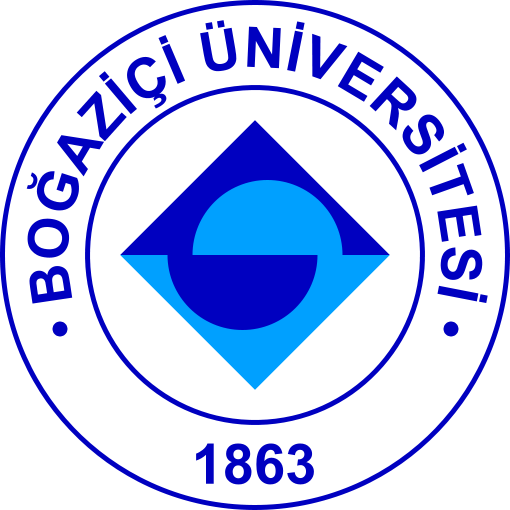Menu
Travel Info:
Faculty
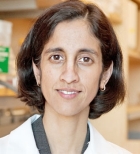 Prof. Tejal Desai |
Prof. Tejal Desai is currently Chair of the UC Berkeley/UCSF Graduate Program in Bioengineering and Professor and Vice Chair at the Department of Bioengineering and Therapeutic Sciences and Department of Physiology. |
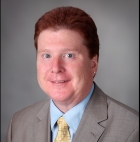 Prof. David Fenstermacher |
Prof. David Fenstermacher is currently Executive Director of Research Informatics at the H. Lee Moffitt Cancer Center and Research Institute. He also directed informatics shared resource facilities for more than nine years at the University of North Carolina at Chapel Hill and the Abramson Cancer Center at the University of Pennsylvania. During his tenure in biomedical informatics, Dr. Fenstermacher has designed and directed the implementation of several bioinformatics distributed computing systems to support basic and clinical research, including multiple institution research projects. He has also designed data management systems for more specialized projects including integrating clinical (patient and lab test data), genomics (SNP and microarray) and proteomics (2D-gel electrophoresis and mass spectrometry data) data to support multiple projects focused on a single goal, modifier gene discovery. Data management systems designed by Dr. Fenstermacher have included: collection and storage of subject data; tracking and reporting of milestones for multiple studies, development of web-based forms for input, storage and retrieval of all data collected from or about subjects, customized data representations and data sharing using Grid technologies. |
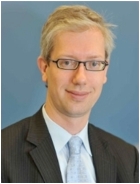 Prof. Henry Hess |
Prof. Henry Hess is currently an Associate Professor in the Department of Biomedical Engineering at Columbia University. His research interests include nanobiotechnology, biomaterials science, and synthetic biology. A particular focus of his work is the engineering of hybrid nanodevices which integrate biological and synthetic components. |
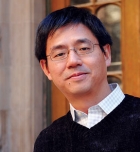 Prof. Jie Liang |
Prof. Jie Liang is a professor in the Department of Bioengineering at the University of Illinois at Chicago. He joined UIC in 1999 as an assistant professor, and was promoted to associated professor in 2003, and to full professor in 2007. He was a visiting professor at the Systems Biomedicine Institute at Shanghai Jiaotong University in 2006. He received his B.S. degree from Fudan University in 1986, MCS and Ph.D. in Biophysics from the University of Illinois at Urbana-Champaign in 1994. He was an NSF CISE postdoctoral research associate (1994-1996) at the Beckman Institute and National Center for Supercomputing and its Applications (NCSA) in Urbana. He spent eight months as a visiting fellow at the NSF Institute of Mathematics and Applications at Minneapolis. From 1997 to 1999, he was an Investigator at SmithKline Beecham Pharmaceuticals in Philadelphia. He was a recipient of the NSF CAREER award in 2003. He was elected as an AIMBE fellow in 2007. He currently serves as a regular member of the NIH Biological Data Management and Analysis study section. Dr. Liang's research interests include systems biology, computational bioengineering, bioinformatics, and computational biophysics, especially the areas of structural bioinformatics, computational proteomics, molecular networks, and cellular pattern formation. Current projects in his lab include protein function prediction, evolution assessment, membrane protein/nanodevice assembly, protein folding and design, and stochasticity in molecular networks. His recent work can be accessed at (http://www.uic.edu/~jliang). |
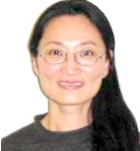 Prof. Donna H. Wang |
Prof. Donna H. Wang, MD, FAHA, is Distinguished Professor of Medicine, Neuroscience Program, and Cell and Molecular Biology Program at Michigan State University. She also directs the Division of Nanomedicine and Molecular Intervention in Department of Medicine at MSU. Dr. Wang is an Established Investigator of American Heart Association, a Fellow of the American Heart Association Council for High Blood Pressure Research, and a Fellow of Cardiovascular Section of the American Physiological Society. She has served on a number of national and international scientific and policy review panels/committees, including US National Institutes of Health and American Heart Association. She has acted as an Editor/Associate Editor/Editorial Board Member for numerous premier professional journals/books. Her research has been continuously funded by US National Institutes of Health, American Heart Association, and other funding agencies for the past two decades. |
